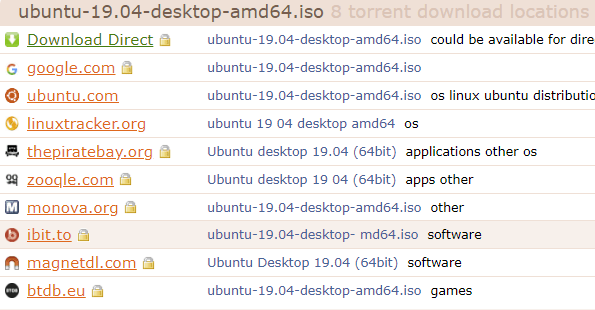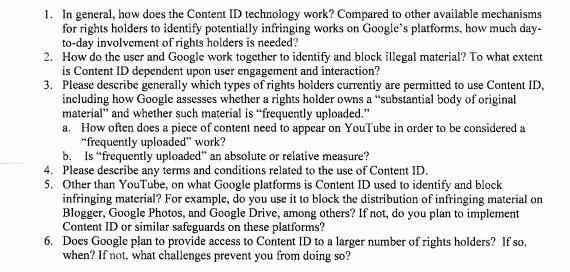Google Search Apparently Indexes Over 80 Million Torrent Hashes
dimanche 8 septembre 2019 à 22:37
Like every general search engine on the web, Google indexes every page it can find. That’s what it’s for, after all.
Torrent meta-search engines do things quite differently. These sites are only interested in torrent links found on external sites.
This includes Torrentz2, which is without a doubt the most popular torrent meta-search engine on the Internet. The site took over from the original Torrentz site, which after it surprisingly closed its doors during the summer of 2016.
Over the past three years, the site has rolled out some updates, most of which have gone unnoticed. However, recently our interest was piqued by a rather unusual addition to the Torrent2’s indexed sites.
Starting a few weeks ago, Torrentz3 began listing “Google” as a ‘source’ in its search results. Not somewhere down the bottom, but as the top result for every piece of content. Here’s what shows up on the “Ubuntu desktop 19.04” page.

The Google link on top leads to a Google search for the associated torrent hash, which finds dozens of pages where the Ubuntu torrent is available as well. This works the same for all other results. Usually, Google returns plenty of options, including several sites that Torrentz2 doesn’t search.
What’s also interesting to note is the number of hashes Google has listed in its search engine. According to Torrentz2, Google is currently able to find 82,085,976 unique torrent hashes.

While that’s already an impressive amount, the number of torrent pages indexed by Google is actually much higher, as it often has dozens of pages for each torrent hash. After all, the same torrents generally appear on several torrent sites.
Google, like any other search engine, has always indexed torrent sites. In fact, it even has a dedicated filetype:torrent command. This allows users to search for .torrent files directly on Google, but it isn’t as effective as the hash-based method.
Also, in recent years the site took several measures to make copyright-infringing content harder to find. Nowadays it can be quite a challenge to find something in Google by simply assing “torrent” to a search query.
With Torrentz2 + Google, however, that doesn’t appear to be an issue.
Source: TF, for the latest info on copyright, file-sharing, torrent sites and more. We also have VPN reviews, discounts, offers and coupons.




